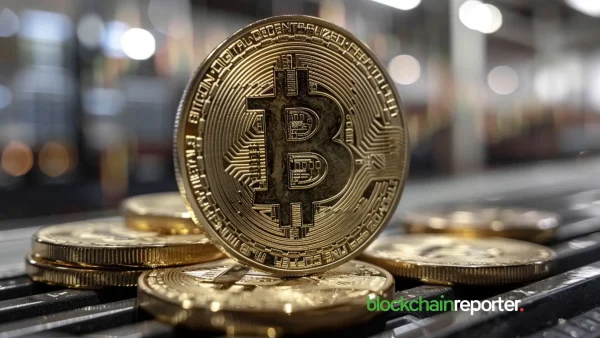
Inflation and politics will prompt at least 5 countries to accept BTC as legal tender by the end of 2022, says BitMex CEO.
The recent move by El Salvador to make bitcoin a legal tender alongside the dollar spurred some criticism worldwide, but mainly among mainstream media, such as the Financial Times and Wall Street Journal, and renowned financial institutions, including the International Monetary Fund (IMF) and the World Bank.
“What the critics fail to recognise is that developing countries like El Salvador are leading the world in embracing decentralised digital currencies and payments,” Höptner wrote. “They’ve had decades to analyse how the global financial system works – and doesn’t work – for their populations. They acknowledge their powerlessness to influence monetary policy decisions that can have grave consequences on their citizens.”
Höptner went on to explain that making bitcoin a legal tender as El Salvador did in September doesn’t mean a complete opt-out of the established financial system. But it means that the countries are looking for alternatives to better benefit their population and economy.
“They aren’t quite opting out of the monetary system status quo (El Salvador still retains its other legal currency, the US dollar), but they are choosing to try something new. This deserves praise, not derision,” added BitMEX CEO.
“My prediction is that by the end of next year, we’ll have at least five countries that accept Bitcoin as legal tender,” Höptner shared. “All of them will be developing countries.”
Expanding further on the factors, Hoeptner emphatically pointed on El Salvador’s GDP remittance and how Western Union’s 10% charges on home transfer are ripping its senders off.
Lastly, Hoeptner likes the notion that savvy politicians will tap more from El Salvador’s Bitcoin movement. By doing this it will push them to also adopt Bitcoin for a greater benefit and their constituents.









